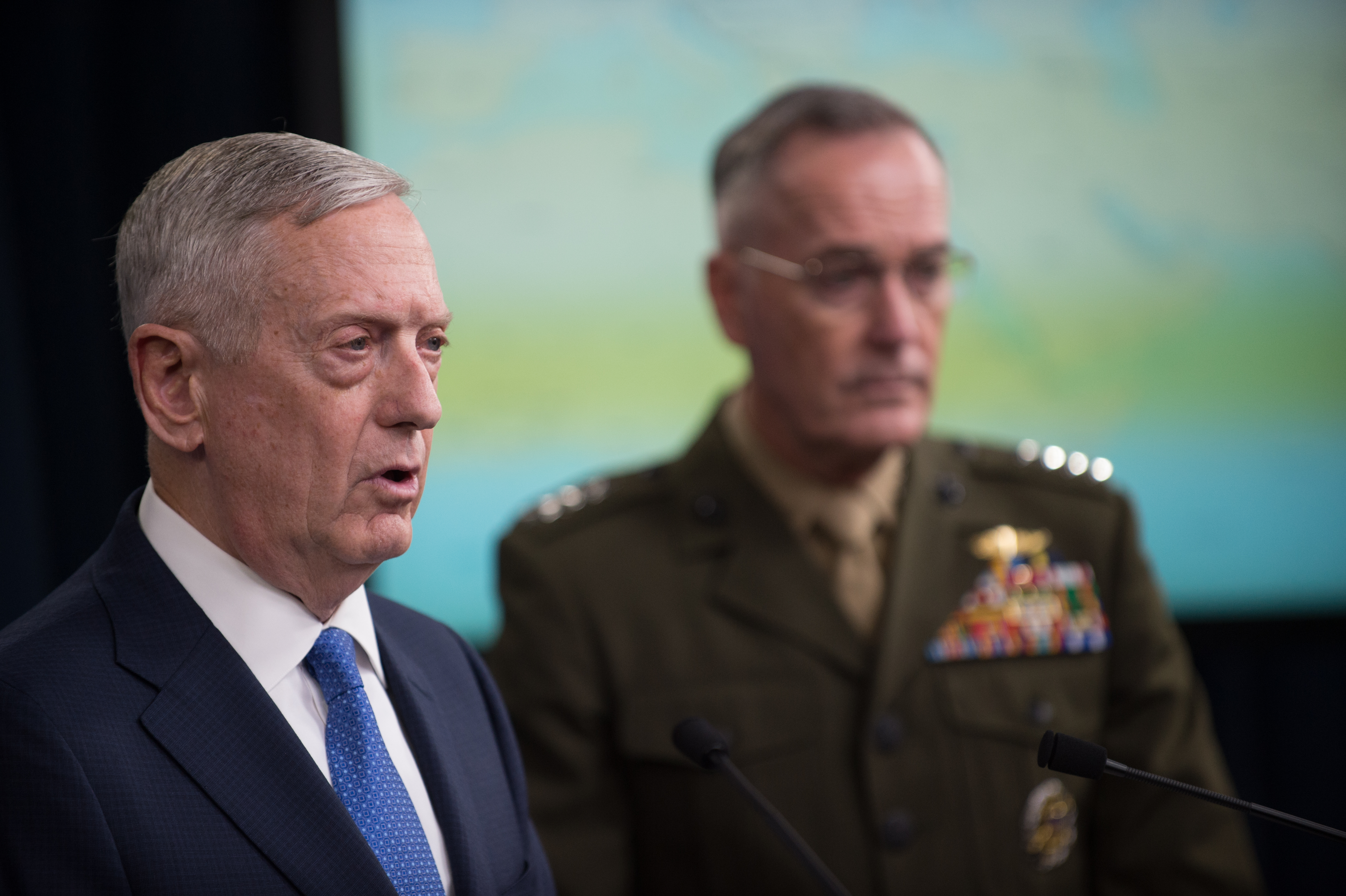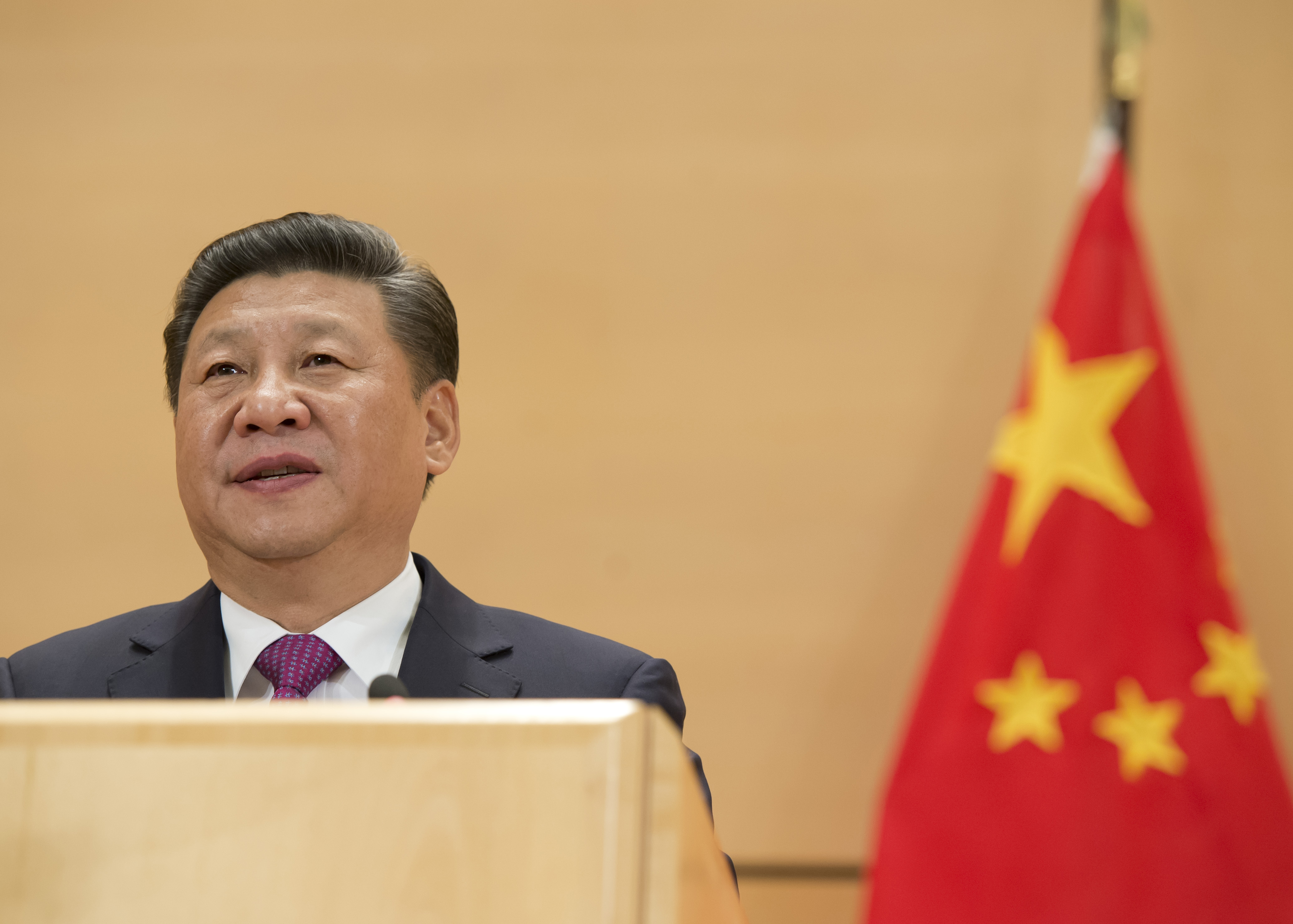-

Islamic State-Khorasan Province’s Virtual Planning
The terrorist group continues to inspire and guide violence through online messaging platforms. -

Hamas Cannot Be Fought Like al-Qaeda
Grouping the two terrorist organizations together obscures some important distinctions. -

Do Friends Let Friends Go Nuclear?
More U.S. partners are considering building their own nuclear deterrents. -

The Militarization of Latin American Security, Then and Now
Countries are turning to their armed forces to tackle domestic instability. That might have worked a century ago, but the circumstances have changed. -

Do African Problems Really Have African Solutions?
Recent events in Africa are weakening ECOWAS, providing a foothold for Russian influence, and risking an escalation in Somalia. -

Sudan’s Crisis Requires a New Approach to International Aid
A year into the civil war, the humanitarian crisis is only worsening. -

Peak Economic Security? The Securitization of U.S.-China Economic Relations and Rethinking Resilience
The U.S. must better balance its coercive economic security measures with constructive policies that underscore the benefits of new and sustainable forms of interdependence. -

The False Promise of Nuclear Deterrence for Postwar Ukrainian Security
Postwar Ukraine should avoid tying its security to nuclear weapons—its own or NATO’s—instead ensuring its conventional forces are robust and defensively oriented. -

From Bad to Worse: Climate Migration in Middle East
The stress that another wave of refugees—this time induced by the climate crisis—will place on already resource-poor countries like Jordan will be catastrophic. -

Why More Female Leaders Won’t Lead to More Peace
Due to gender-based discrimination, women politicians often lead as “iron ladies” rather than peacemakers—eschewing, not pursuing, peace with foreign adversaries. -

Generally Speaking: Assessing Political Speech by Retired General and Flag Officers
Do retired generals think they should speak out on political issues? Most favor restraint—but how much and when is up for debate. -

Why China’s Foreign Economic Coercion Has Been Relatively Ineffective
To avoid openly violating their principled opposition to economic sanctions, China’s top leaders often outsource punishment to subnational authorities—with mixed success.
The upcoming main navigation can be gotten through utilizing the tab key. Any buttons that open a sub navigation can be triggered by the space or enter key.


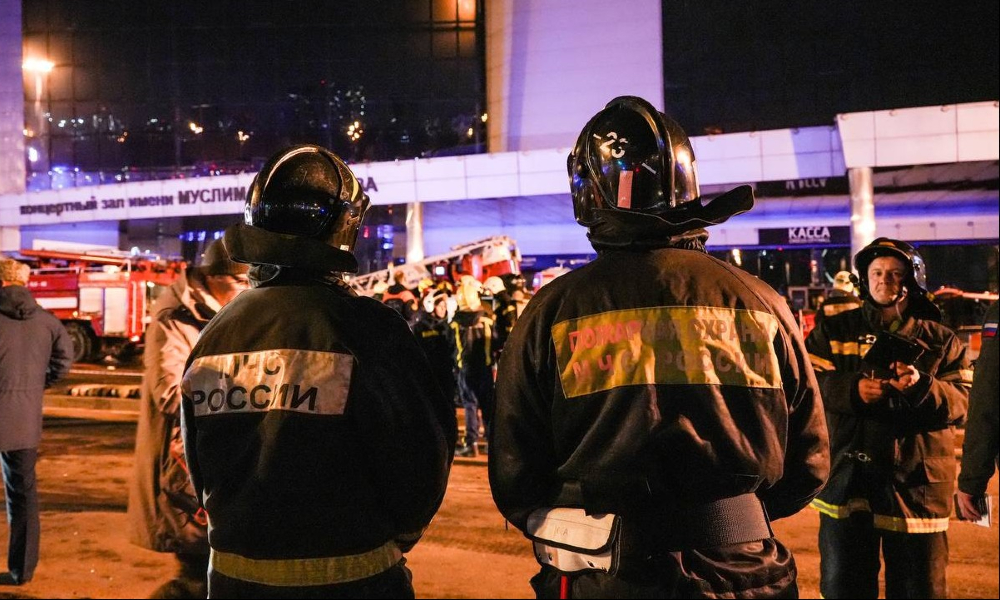

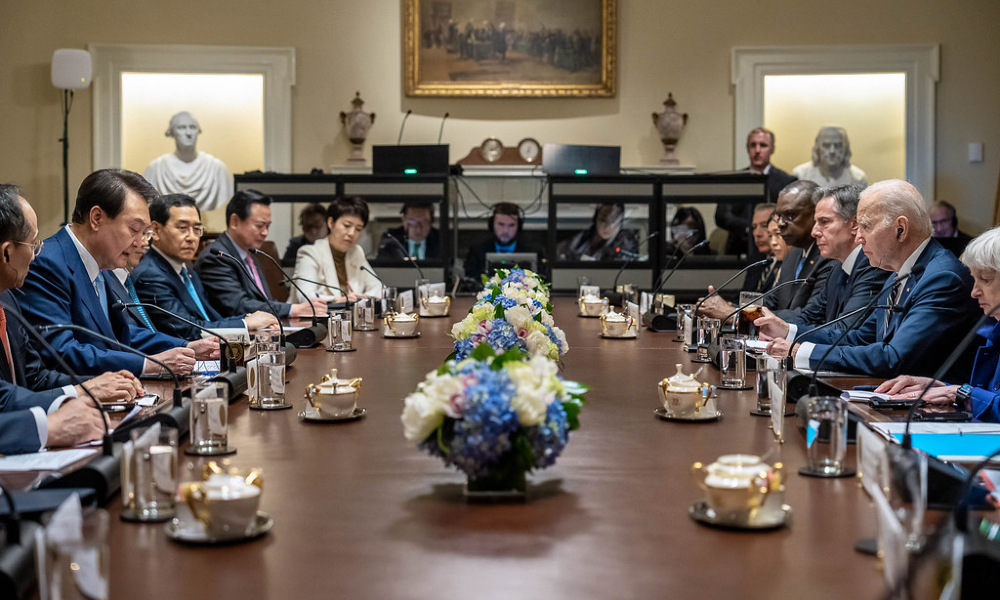



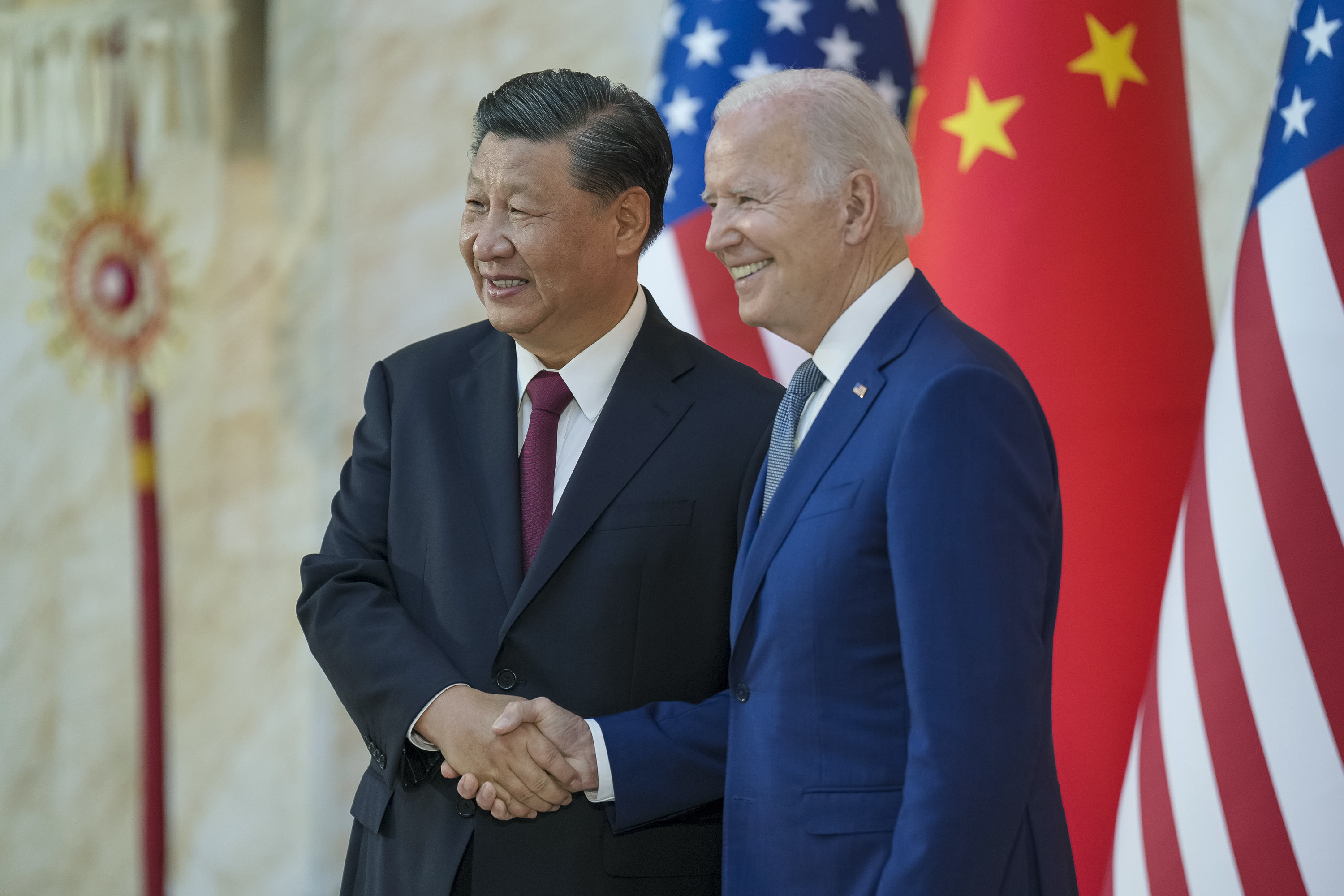
.jpeg?sfvrsn=99eb0338_5)
